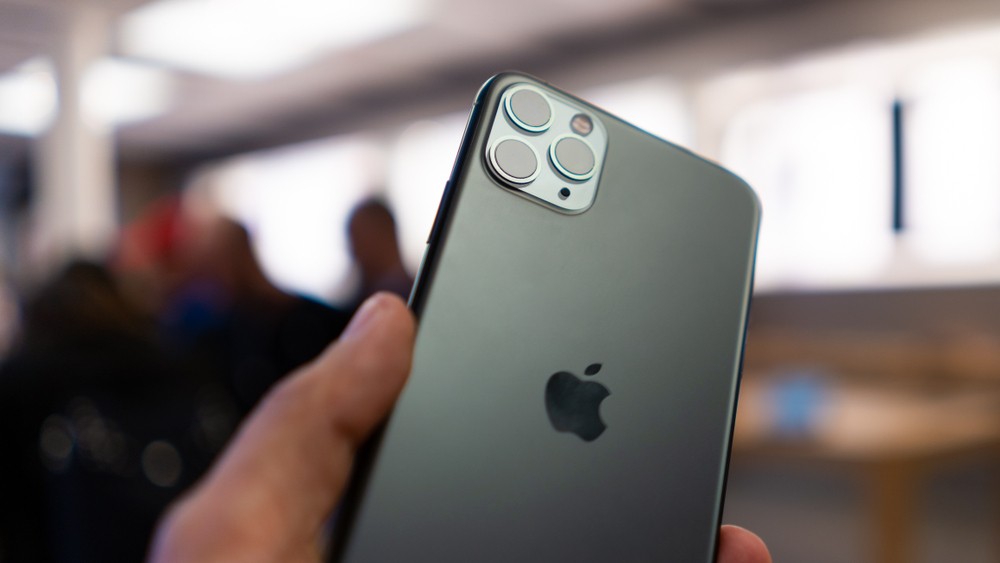Key Takeaways:
- Trump’s unpredictable leadership affects U.S. direction.
- The U.S. economy may resemble 19th-century Japan.
- New tax cuts for the wealthy could increase deficits.
- International students face stricter visa rules, impacting innovation.
- Slower vaccine approvals under RFK Jr. could threaten public health.
- Trump’s tariff threat causes Apple stock to drop.
Unpredictable Leadership Under Trump
The U.S. is navigating uncertain waters due to President Trump’s unpredictable decisions. Ben Mathis-Lilley suggests that the country’s direction often changes based on Trump’s mood or which administration member is speaking. This unpredictability creates a volatile environment, making it hard for citizens and the global community to anticipate future policies.
Imagine the country as a ship without a steady captain. Each day brings a new surprise, leaving many wondering what’s next. This unpredictability affects everything from economic policies to international relations.
Shifting Economic Policies
The recent budget proposal highlights a significant shift in U.S. economic strategy. The bill aims to cut taxes for the wealthy while increasing the national debt by $4 trillion. This move could lead to greater income inequality, as the benefits may not trickle down to average workers.
Critics fear this could push the U.S. toward a system resembling 19th-century Japan’s shogunate, emphasizing cultural homogeneity and manual labor. Imagine a nation where making screws for companies like Apple is the norm, while luxury items like children’s dolls become precious commodities. This shift might lead to a society where innovation takes a backseat to menial tasks.
Impact on International Students
The U.S. is tightening visa rules for international students, making it harder for them to stay after graduation. This move could deter top talent, especially in fields like biomedicine and computer science, from choosing American universities.
In a competitive global market, this decision might push bright minds toward countries with more welcoming immigration policies. Over time, this could hinder U.S. innovation and economic growth.
Vaccine Approval Concerns
Under Secretary Robert F. Kennedy Jr., who has expressed doubts about vaccines, the approval process for new vaccines may slow down. This could delay the introduction of life-saving vaccines, posing risks to public health.
Kennedy’s stance on vaccines is worrying, as slower approvals might leave the nation vulnerable during health crises. This could erode public trust in vaccination programs.
Market Reaction to Trump’s Tariff Threat
A recent social media post by Trump sent shockwaves through the market. He threatened to impose a 25% tariff on iPhones unless Apple manufactures them entirely in the U.S. This unexpected announcement caused Apple’s stock to drop significantly.
This incident shows how Trump’s actions can quickly impact the economy. Investors and businesses are on edge, unsure of his next move.
Conclusion
The U.S. is at a crossroads, facing challenges from leadership unpredictability to significant policy shifts. The proposed economic changes, stricter immigration rules, and potential delays in vaccine approvals present a complex future.
As the nation moves forward, the impact of these decisions will shape its path. One thing is certain: the changes ahead will be transformative, influencing the U.S.’s role on the global stage.
